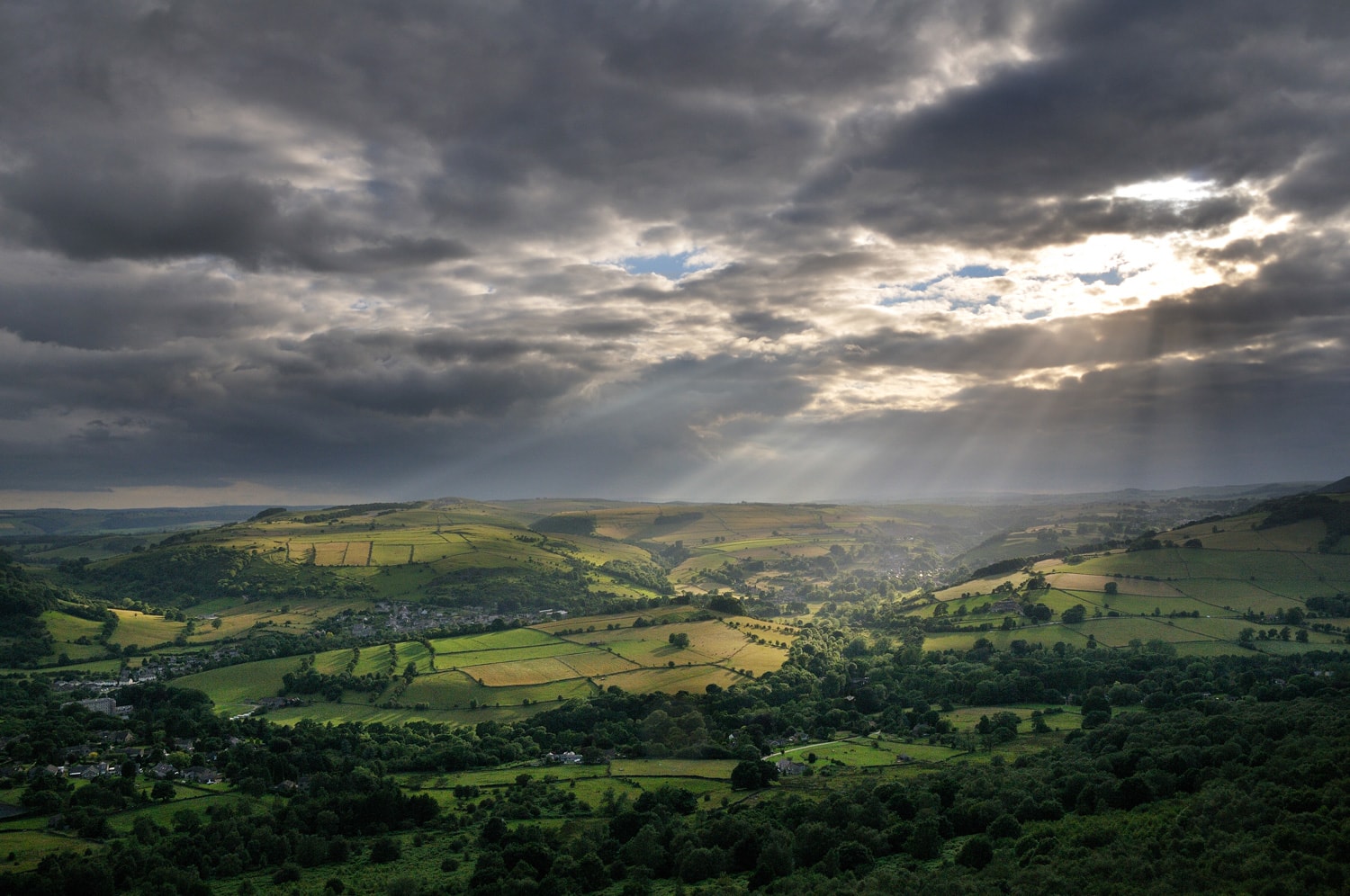Climate change

Climate change is the biggest challenge facing the planet. It is defined as a large-scale, long-term shift in global weather patterns and increased average temperatures. Climate change is primarily caused by land use change and the burning of fossil fuels (for heating, transportation, agriculture and industry) that release greenhouse gases. Over time, the accumulation of these gases in the atmosphere has caused a layer to form around the planet, trapping heat from the sun and causing the planet to warm.
Future predictions
If future global temperature rises more than 2C (2 degrees Celsius) above pre-industrial levels, it is anticipated that accelerated and irreversible damage will occur. This will fundamentally alter life on Earth, with potentially devastating consequences. To put this into context, if fossil fuels continue to be extracted and burnt and deforestation and land use change continue at the current rate, the planet could face potential warming of more than 4C by 2100. Significant and coordinated international action is needed to avoid this scenario.
Overall, the UK is expected to experience warmer, wetter winters and hotter, drier summers, combined with an increase in the frequency and intensity of weather extremes. Flash flooding events are anticipated to increase and, by 2050, extreme heatwaves are expected to occur every other year in the UK.
Current impacts
The planet is already experiencing a warming atmosphere, rising ocean levels and acidification, the melting of ice sheets and glaciers, and an increased incidence and severity of extreme weather events, such as flooding, droughts, heatwaves, wildfires, hurricanes and cyclones.
Indications of the UK’s changing climate are already apparent. Ten of the hottest years on record in the UK occurred in the 17 years preceding 2018, whereas none of the ten coldest years have occurred since 1963. The average hottest day of the year for the decade 2008-17 increased by 0.8C above the average for the period 1961-1990, while the average coldest day of the year has become 1.7C milder over the same period.
2019 Climate Change Act
The UK is among the world’s biggest current and historic emitters of greenhouse gases worldwide. However, the UK has joined international efforts to respond to climate change. In 2008, the UK adopted the Climate Change Act, which included the target of reducing greenhouse gas emissions by 80% by 2050. In June 2019, the Government announced their intention to go further and achieve ‘net-zero’ greenhouse gas emissions by 2050, becoming the world’s first major economy to enshrine this ambition into law.
What can be done
Emissions can be lowered through large-scale and individual efficiency savings (for instance, from heating and fuel-efficient transport) and by switching from coal and gas to fuels with low or zero carbon content, such as electricity from renewable or nuclear sources. Coal-fired energy generation has decreased from about a 40% share of electricity in 2012 to a 5% share in 2018 and the cost of offshore wind power is now comparable, or cheaper, than that of fossil fuels. Offsetting schemes and natural climate solutions, such as tree planting and moorland restoration, as well as technological initiatives such as carbon capture and storage and electric vehicles can also contribute to lowering emissions.
The Intergovernmental Panel on Climate Change provides further information on climate change. The Committee on Climate Change provides advice on building a low-carbon economy and preparing for climate change in the UK, while the Met Office provides the most up-to-date assessments of climate projections.
To learn more about how climate change will impact the Peak District National Park, and what steps the National Park Authority is taking to reduce this, please follow the links below.
To find out more about the work of National Parks across the UK in tackling climate change visit...
Sustainable transport in the Peak District – a vision
In June 2021, National Park Authority chief Executive Sarah Fowler and chair Andrew McCloy shared the National Park’s vision for sustainable transport as part of a Business Peak District online seminar. Watch again below.

